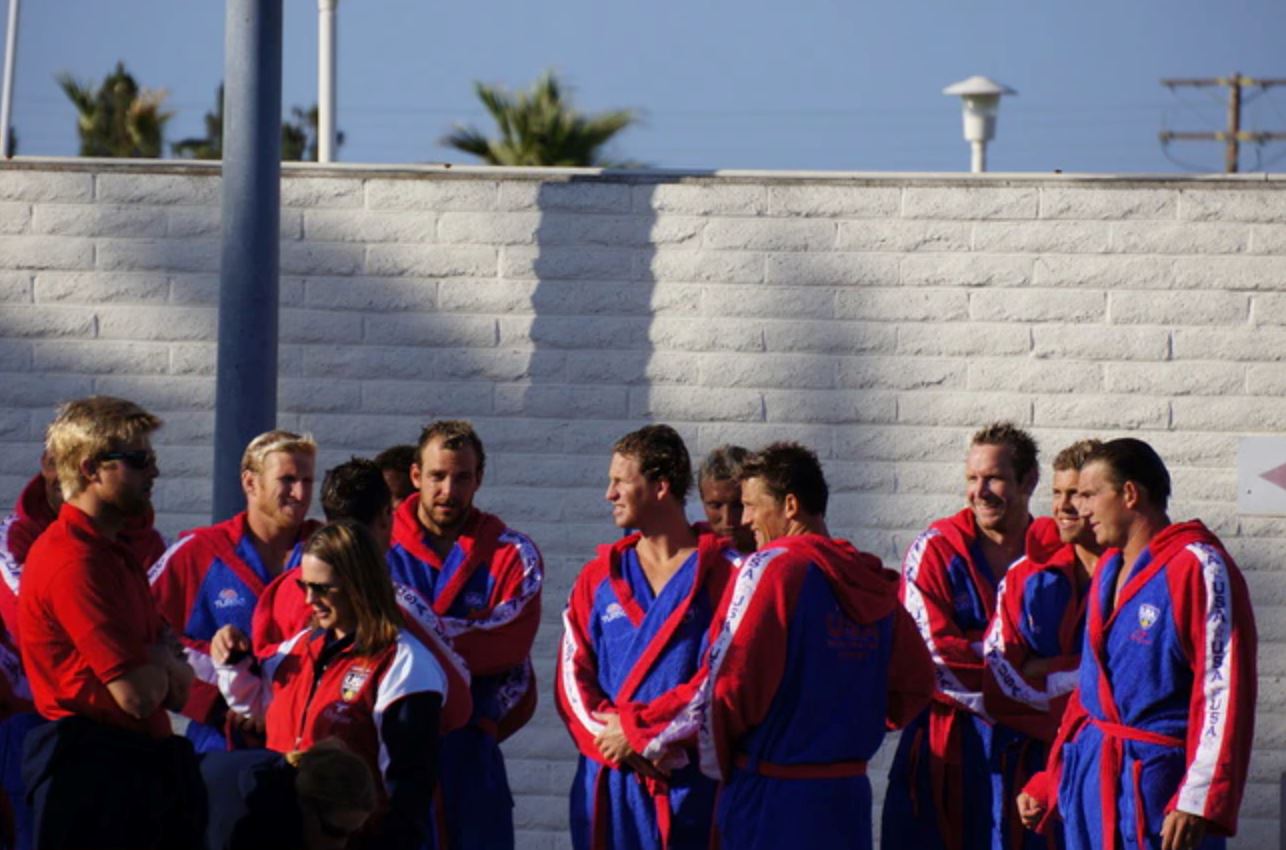Your Cart is Empty
I have a tall 14U boy, he is 12yo and the cap is great, however, too tight for him - it gives him headaches. I with they come in sizes.
love it. great quality and the turn around time was the best
Sleepy Hollow Aquatics - SHAQ - TEAM STORE - Brief




